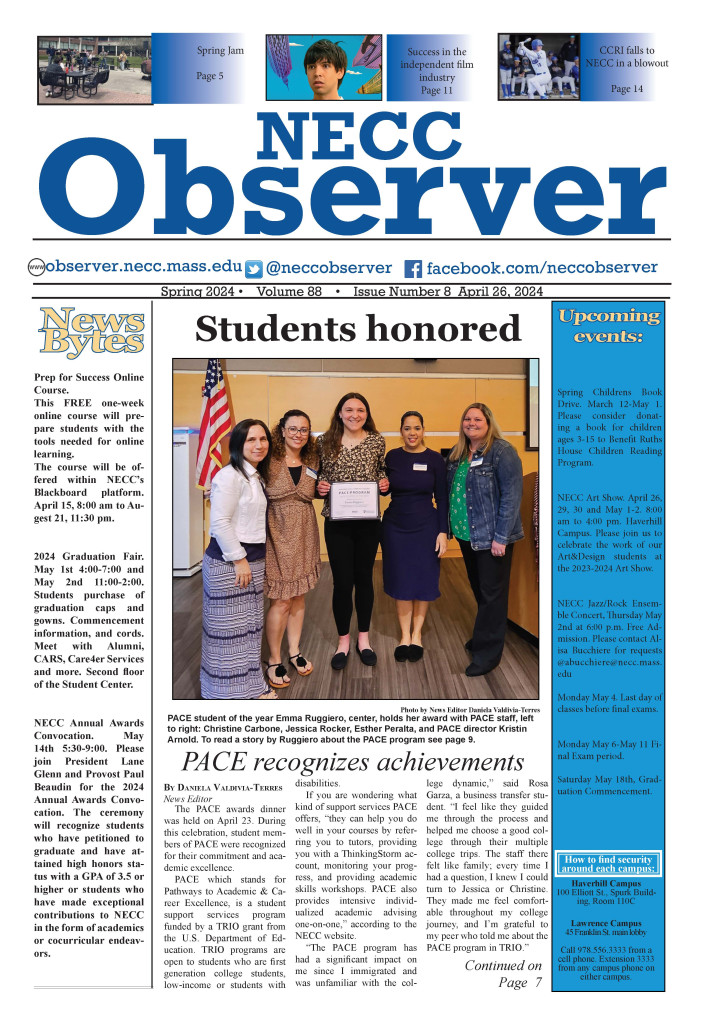As we mark the one year anniversary of the lock down, and the switch from in-person attendance to online, college students are getting used to the process of everyday self management of an (overly) full online work load.
Some students I’ve talked to feel that, after a full year of online and hybridized learning, they’ve mastered keeping up with their classes after the rocky adjustment period.
For most though, the initial stress hasn’t gone anywhere.
Michael Wilkinson, a Junior at UMass Amherst studying biochemistry, said that “I think I’ve just gotten used to it at this point. Checking 50 emails a day, keeping track of what needs to be done in every class every week, trying to balance in-class time with out of class time … It’s still stressful, but I have a hold on it now. Planning breaks from the computer definitely helps.”
Wilkinson currently takes six classes, from hybrid to fully online. When the switch from in-person to online learning happened, during his sophomore year, he said that “I felt a bit lost at first, taking so many intense classes. It took me a while to fully adapt, especially to the new stress. It was relatively easy to keep up with everything before, but then it was like, wow, I have to work three times as hard to understand what I’m doing, with half the help. Now it’s second nature.”
Josh Doyle, a communications major at UMass Lowell, commented more on how he manages stress.
“Taking breaks and spending time not doing school work or looking at screens definitely helps. Going outside and designating certain ‘work times’ helps from getting burnt out too,” Doyle said. “I’ve been managing online classes for over a year and I think I’ve gotten better at managing a balance.”
Doyle and Wilkinson have different class loads, but both manage their stress in the same ways. Taking scheduled breaks from screens, trying to be outside as much as possible, and keeping in touch with friends regularly helps.
Both students are also avid hikers, and Wilkinson that “it’s really the perfect destresser. It’s ‘pandemic friendly’, and a good change of scenery from endless screen time. I think I’ve hiked just about every mountain around Amherst at this point.”
Kaitlin Morris, a UMass student who is fully online and taking classes from home, said that “it’s all about self care. Doing the things you like to do when you can, and planning out when you’ll do work in each class. It keeps me from getting stressed out about anything specific.
“Taking classes [fully] remote can be a bit tough at times, not being on campus, but having a planner for everything helps with remembering things. I try to get out of the house as much as I can, too. It can get pretty stuffy, but as long as I take time for myself it isn’t a big deal.”
Organization seems to be the key to success in online classes. Planning out when to focus on classwork and when to take breaks, constantly checking up with individual classes, and staying on top of deadlines are all important to maintaining a stress free student life.

